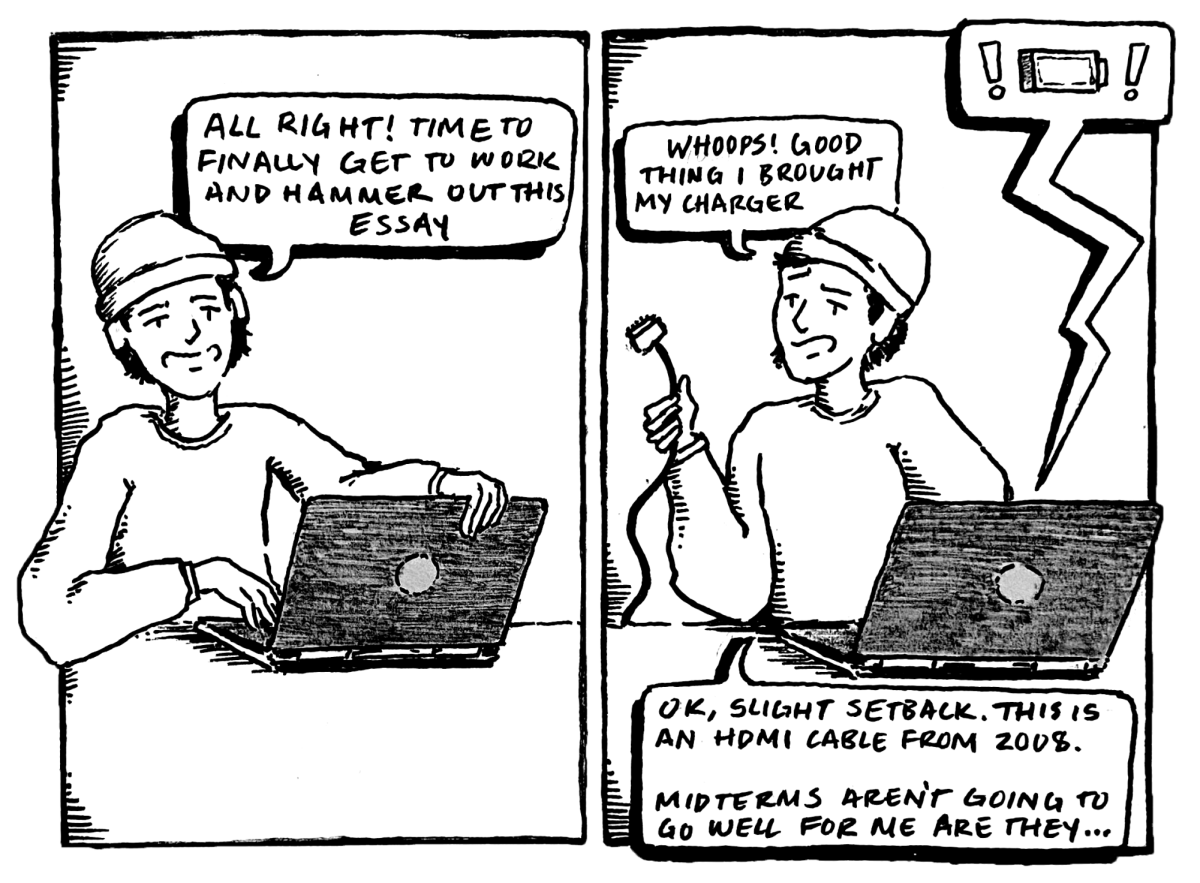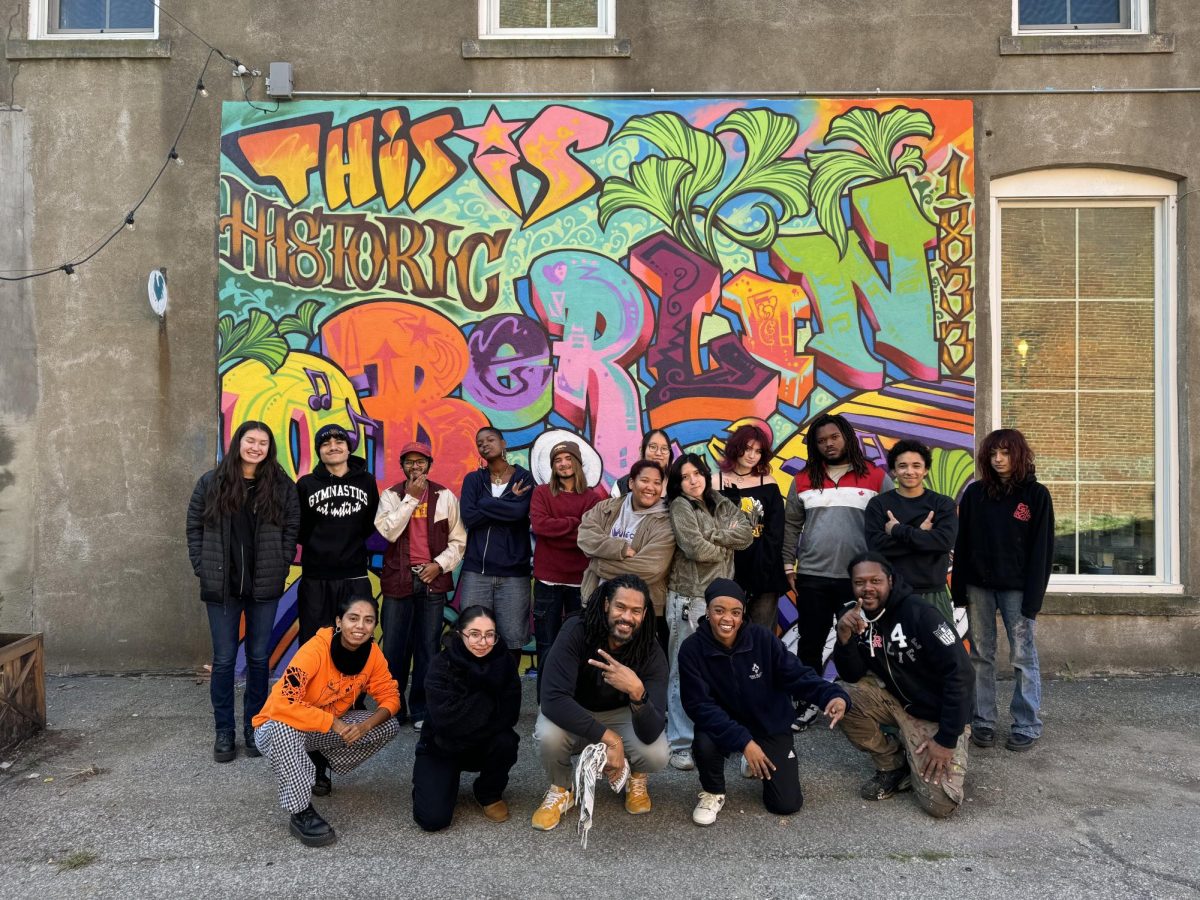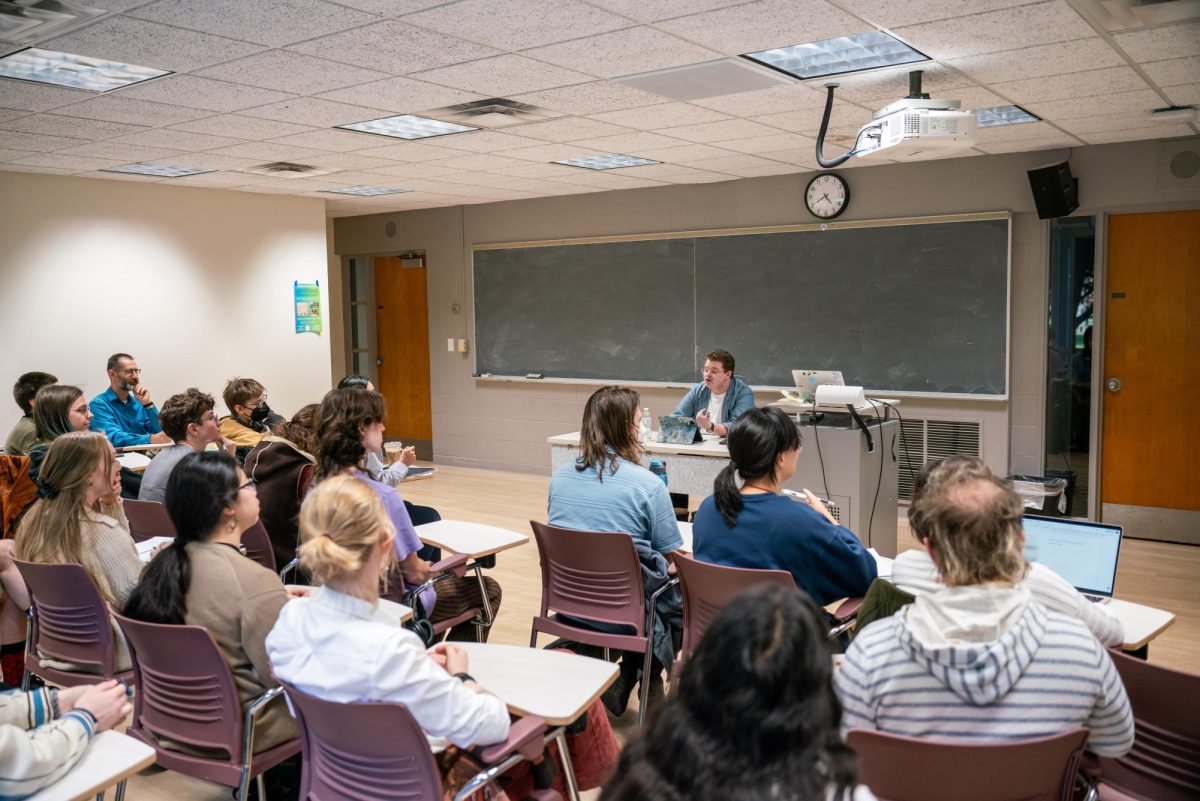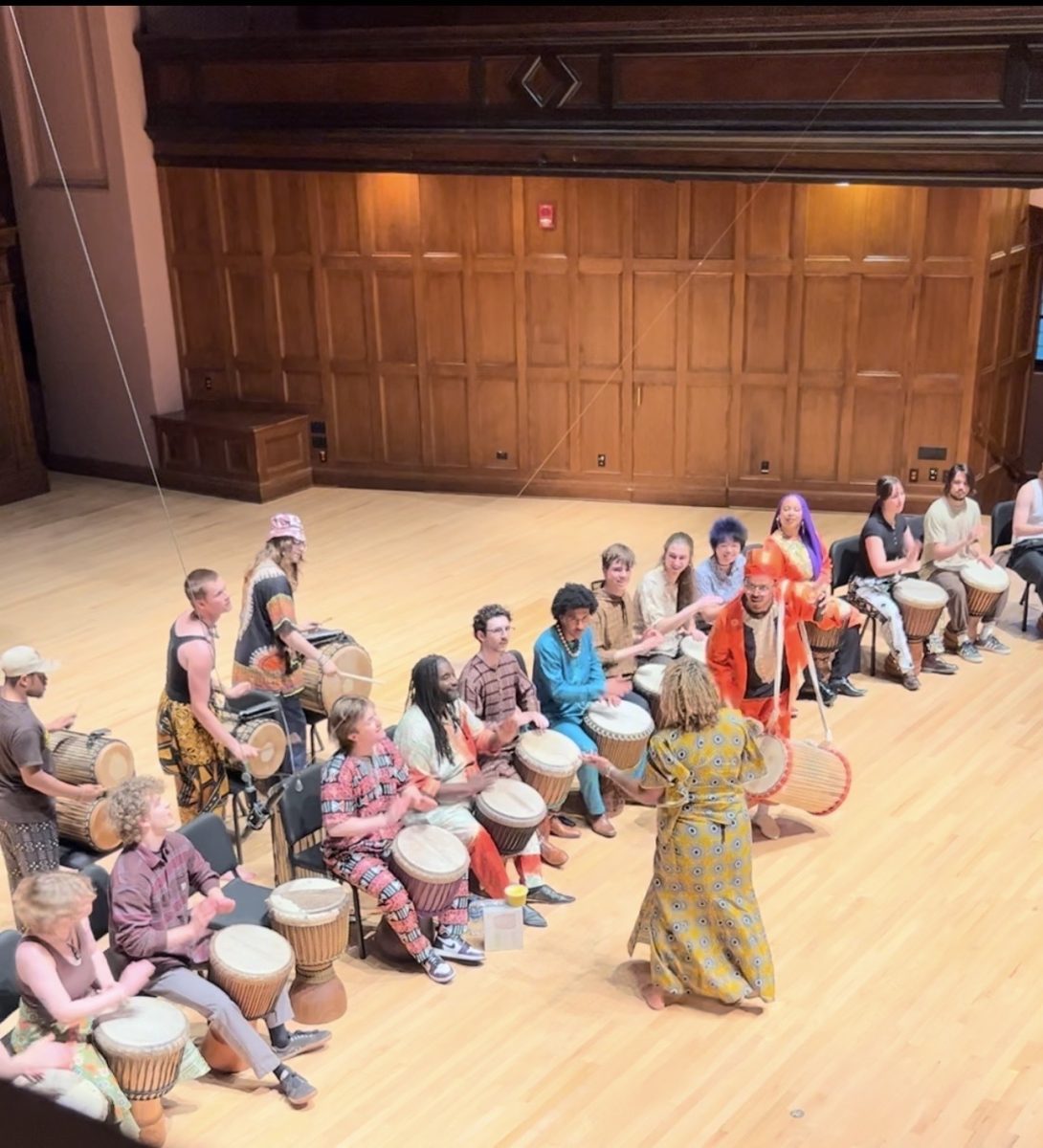Palestinians Have Most to Answer For In Conflict
December 14, 2012
In his letter to the Review last week, College sophomore Asher Kaplan writes “…I will not stand idly by as my historically oppressed people becomes an oppressor.” It’s nice that he feels such moral compulsion, but the Jews as a people are far from turning into oppressors of the Palestinians. In fact, it is the Palestinians who have the most to answer for when it comes to the failure of the peace process and the oppression of their own people.
Since 2000 the Israeli government has offered two peace agreements to the Palestinians and one major concession of land as a gesture of good will. The first offer, set down by then Prime Minister Ehud Barak, consisted of ceding 92 percent of the West Bank, all of the Gaza Strip and East Jerusalem, with Palestinian administration (though not total sovereignty) of the Al-Aqsa Mosque, the Dome of the Rock, and the Muslim and Christian quarters of the Old City. This offer was rejected outright by the chairman of the Palestinian Liberation Organization, Yassir Arafat. Arafat put forth no counter-offer for negotiation, and the peace talks collapsed.
In 2005, Prime Minister Ariel Sharon evacuated every settler from the Gaza Strip and gave the territory over to Palestinian control. While the gesture was aimed at realizing peace, the evacuation has proven to have terrible consequences for both Israel and the Palestinians. The terrorist group Hamas took over the Strip by force, ousting its rival Fatah, and since that time (2007) over 8,000 rockets have been fired at Israeli civilians. Palestinians in Gaza live under a police state with a corrupt economy and weak infrastructure. This is because Hamas’s main goal is not to provide a good life for Gazans but to destroy Israel, in part by the smuggling of weapons from Iran and elsewhere.
After Sharon had a stroke, the new Israeli Prime Minister, Ehud Olmert, made a peace offer to Mahmoud Abbas, Arafat’s successor. Olmert offered to withdraw from 94 percent of the West Bank, create a passage from the West Bank to Gaza and give the Arab neighborhoods of Jerusalem to the Palestinians as their capital, while neither side would have sovereignty over the holy sites (they would have been controlled jointly between the two governments, along with the United States, Jordan and Saudi Arabia). Abbas rejected this plan.
Besides this insistent rejection of peace, Palestinian terrorists conducted the Second Intifada, in which suicide bombers blew themselves up on buses and in cafés in Israel. On Oct.12, 2000, two Israeli soldiers were lynched in Ramallah. The two soldiers were detained by Palestinian Authority policemen and taken to a Ramallah police station. Then, over 1,000 Palestinians — civilians — gathered at the building, stormed it and attacked the soldiers, gouging their eyes out, disemboweling them, setting one body on fire and dragging them both to a city square, where they held a victory celebration. Palestinian policemen present at the scene let the lynching happen, and some actually participated in it. This event was not condemned by the Palestinian government.
In fact, it is the norm that Palestinian terrorists are not condemned, but rather praised, by Palestinian leadership, whether it is the “moderate” leadership of Fatah or the PLO, or the leadership of Hamas. Streets, squares and even a soccer stadium in the West Bank have been named after people whose sole accomplishment was the killing of as many Jews as they possibly could. In Gaza this nightmarish situation is compounded by Hamas, whose true colors were shown in the latest escalation of fighting. As usual, Hamas members and other terrorists committed war crime after war crime by firing missiles intended to hit civilians. (And, as usual, the Israeli army actually warned civilians to move away from the Israeli border prior to a possible invasion in order to minimize civilian casualties and dropped leaflets by air warning civilians of air strikes and giving them time to vacate buildings.) As in the past, Hamas used civilians as human shields, purposely trying to increase the number of civilian casualties to make Israel look bad. Hamas members also publicly executed supposed “collaborators” and proceeded to drag one of their bodies through the street, tied to the back of a motorcycle. Hamas’s founding document states:
“[Peace] initiatives, the so-called peaceful solutions, and the international conferences to resolve the Palestinian problem, are all contrary to the beliefs of the Islamic Resistance Movement.”
“There is no solution to the Palestinian problem except by Jihad.”
“Under the shadow of Islam it is possible for the members of the three religions: Islam, Christianity and Judaism to coexist in safety and security. Safety and security can only prevail under the shadow of Islam…”
Israelis are understandably sick of this. They are sick of being told again and again that somehow, all the blame for the failure of peace talks lies with them. They are sick of Palestinian terrorism (quite literally: 42 percent of the children living in Sderot suffer from post-traumatic stress disorder). And they are sick of finding that, after offering peace repeatedly over the past decade, all the Palestinians respond with is rejection and violence against Israeli civilians. If there is to be real peace, Hamas must lay down its arms, renounce violence and renounce its goal of destroying Israel.
The Palestinian Authority must also refuse to praise terrorists and begin building a state from the ground up, as Palestinian Prime Minister Salaam Fayyad has tried to do. The Palestinians as a whole must accept the fact that the Jewish people have a right to live in a Jewish state in the very land where the Jews came from in the first place. If the Palestinians turned their backs on violence, peace would be possible.
At a lecture this past Tuesday, Palestinian activist Iyad Burnat said that the Israeli occupation in the West Bank was not a matter of security, it was a matter of “apartheid.” Actually, quite the opposite: considering the weakness of the PA and the takeover of the Gaza Strip by Hamas, there is no way to guarantee that leaving the West Bank would make Israel safer. The occupation is extraordinarily tragic and has resulted in many horrible losses on both sides. To say that Israel has made mistakes is a fact; but to say, as Burnat did, that Israeli soldiers have “no hearts” is simply dishonest manipulation of world opinion.
Sadly, the present alternative to the occupation is worse: the risk of a violent, aggressive state, sanctioning terrorism, along Israel’s longest border. The occupation of the West Bank is likely to continue until such a time as the Palestinian leadership becomes serious about making peace. It is fundamentally not an attempt at oppression, apartheid or any other insidious governmental policy. It is about security, which the current Palestinian leadership cannot provide.


















